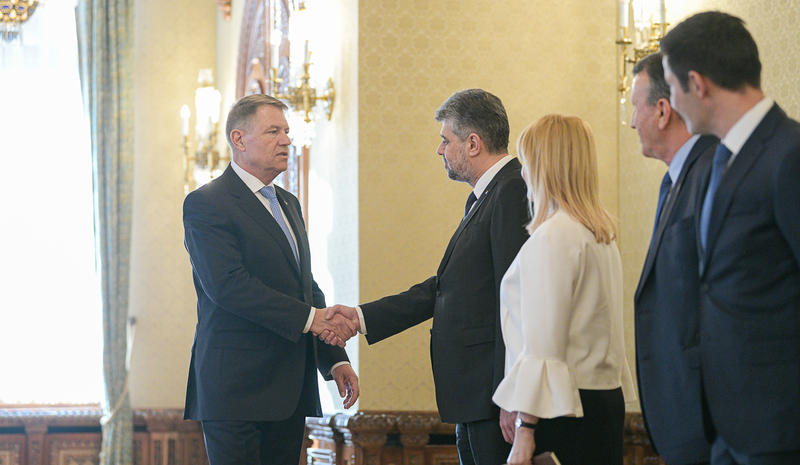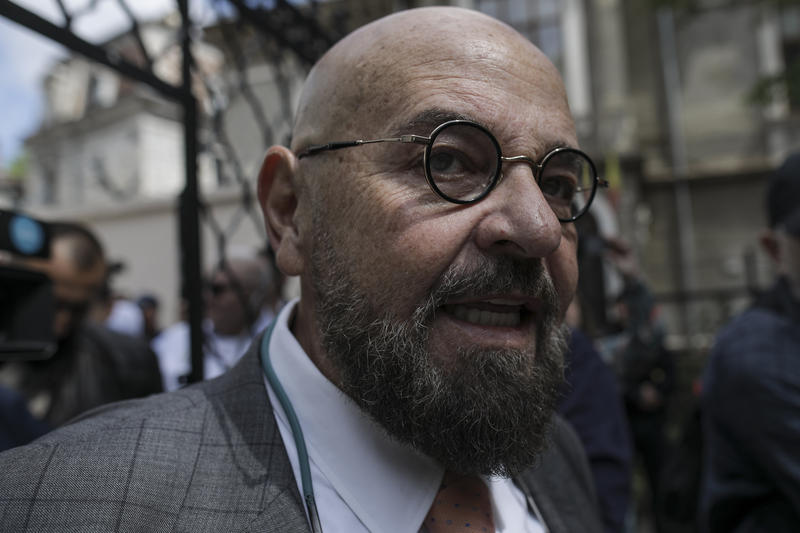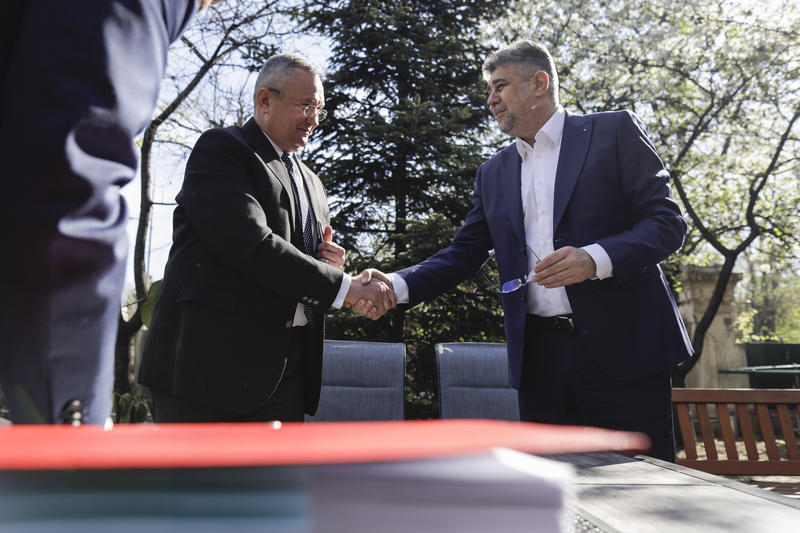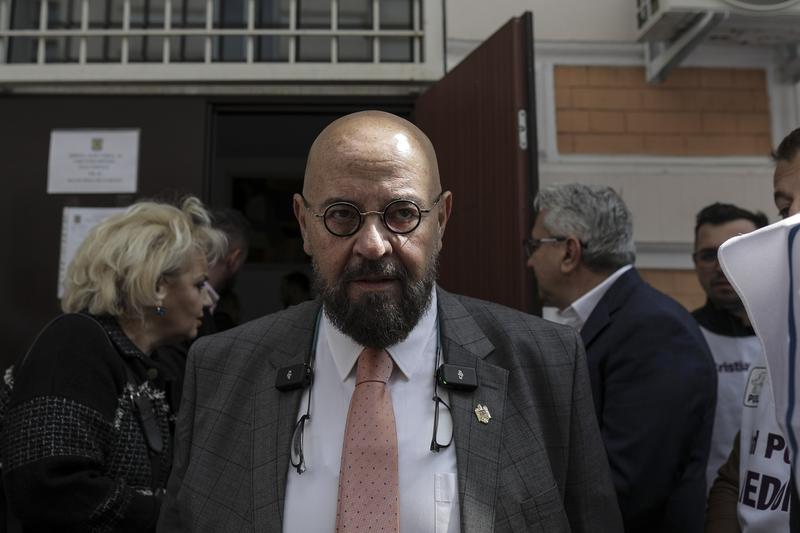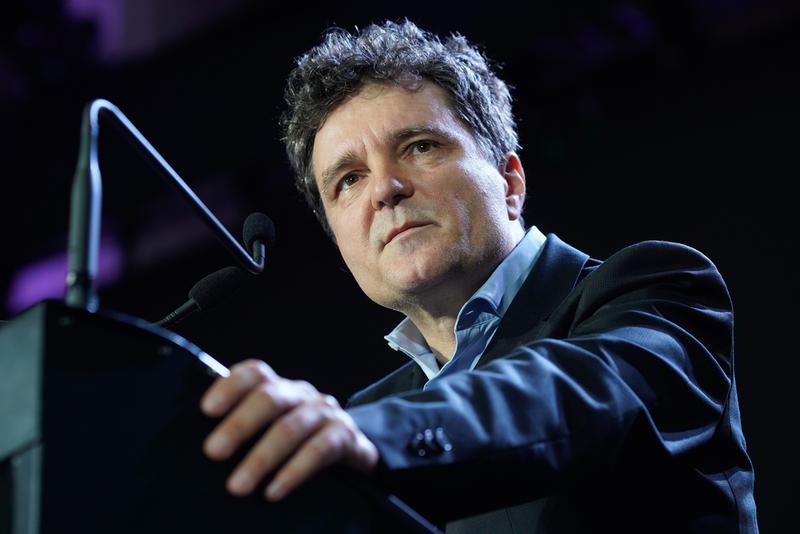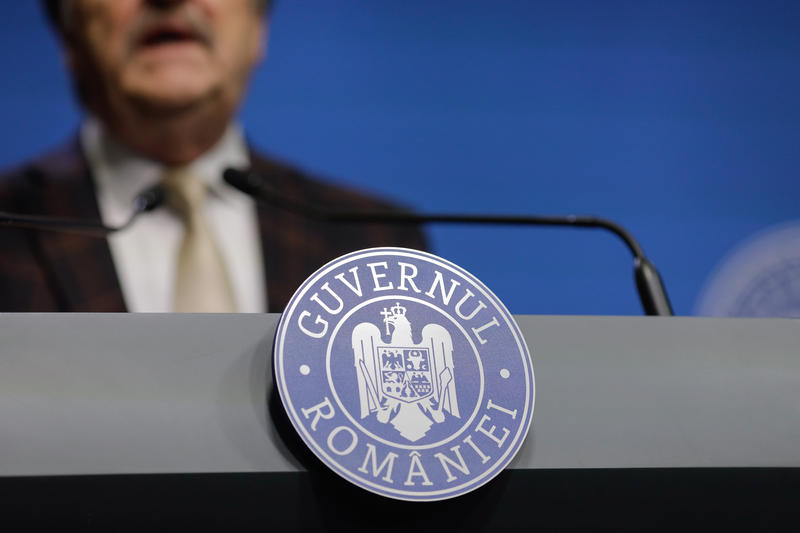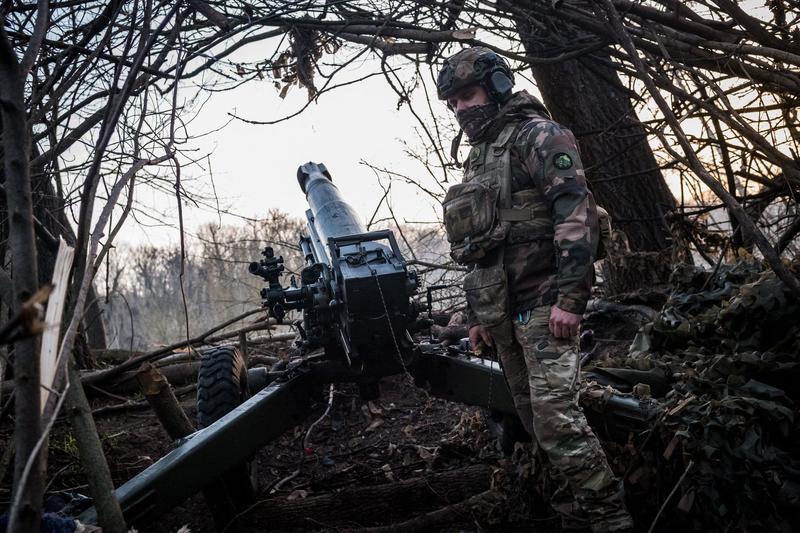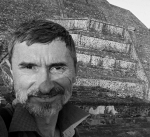The richest and most generous man in Germany, Hasso Platner, was born in Berlin in 1944, in a family of Transylvanian Saxon doctors from Sibiu, Romania. They had left Romania accompanying German troups. Platner is now interested in a Sibiu project, Romanian Ambassador to Berlin Emil Hurezeanu said in an interview with HotNews.ro. "Platner has never returned to Romania, he doesn't do interviews, but when he heard that the Lucian Blaga University from his parents' and ancestors' town has ideas and needs he has sent messengers to Sibiu. An important project is prepared there. I will say more when I see it standing", Hurezeanu said.
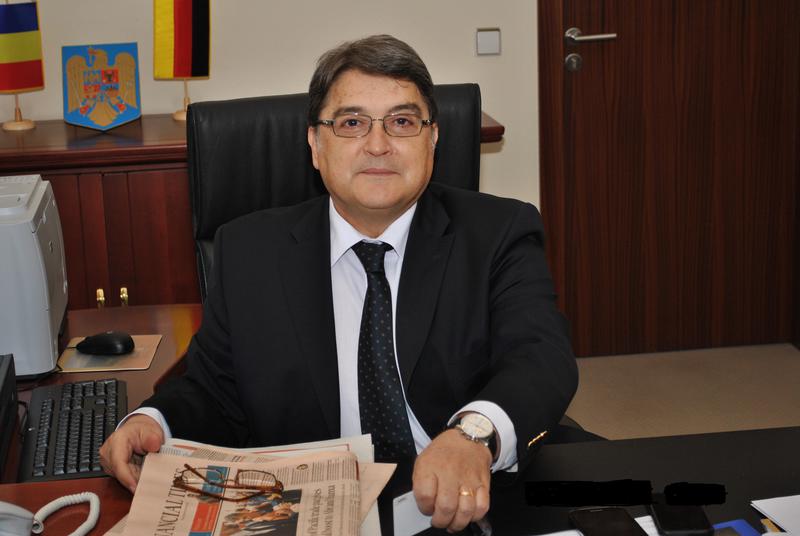
Hurezeanu talks about the integration of Transylvanian Saxons in Germany, where they've left in large numbers since the nineties, about their interest in their home country and how fortified churches in their Saxon towns can be saved. He tells of how ethnic Germans established a German nation in SE Europe, a nation of peasants, traders, builders, craftsmen, bishops and first-hand historians, who have been respectful of their neighbors.
The history of Transylvanian Saxons, as told by the Romanian Ambassador to Berlin Emil Hurezeanu, a former journalist well connected to Germany:
- Saxons' leaving Transylvania was an unsual phenomenon. They had come here 850 years ago and slowly built a German, European civilisation at the gates of the East.
- They built cities such as Sibiu, Brasov, Cluj or Bedias. Convened in "Universitas saxonum", they defended the eastern and southern borders of Transylvania, in the way of Mongols, Tartars, Turks. building fortified churches and villages just like in German areas in the West. They were freemen. They passed from Catholicism to Lutheranism some 500 years ago, without a war.
- They built the first free and compulsory primary education system in Europe. They elected their mayors and bishops democratically. And they've not disturbed those around them. But their indiference was tolerant and constructive.
- In the wake of WWI, they've become citizens of Romania. They demonstrated their loyalty from the very fight for Romanian unity, as it was the first minority ethnic group to support it. WWII placed them against the post-war doom of being guilty by norm. Many have been deported to Ukraine and thousands died there.
- Romanian communism meant a life stripped of elemental rights for them too. But after the tragic events of 1945-1950 with the deportation to USSR, they haven't been hunted or banished like in other CEE countries and eventually enjoyed the same rights as everyone else.
- Tens of thousands of ethnic Germans left Romania following a series of accords between Bucharest and Bonn. A huge loss for their communities, but also for Romania, while a moment of salvation for each of them.
- In the first two years after the 1989 collapse of communism, almost all of them left. Today, several thousands are left in Sibiu and in Transylvania. In 1938, some 800,000 ethnic Germans lived in Romania - a figure similar to that of the Jewish community.
- The disappearance of these minorities left Romanians lonlier and poorer in terms of arts and crafts.
- But the Transylvanian Saxons have kept their origins in their heart. Germans in general are more connected to their homeland and only then to their country or state. It's the old tradition of fragmented statehood which kept them closer to the land than to the Empire.
- While in Germany, Austria, Canada or the US, Transylvanian Saxons keep their traditions while integrating naturally into their new world. They have local organisations under the banner of their Transylvanian places of origin, they organised balls and carnivals and each year, for more than half a century, some 20,000 of them convene in Dinkelsbuhl, northern Bavaria. Romanian ministers and other officials have been coming to that event for years.
- Regarding their interest in their home country, there are three general categories of Saxons. First, those who have left Romania decades ago, never looking back, seeing Germany as their saving country. The second generation tried to integrate in their new country fully and drop the "Eastern" looks of their parents. The third generation, of young Transylvanian Saxons, redescover the lands of their ancestors, want to see it and know it.
- Transylvanian Saxons own hundreds of the thousands of German companies present in Romania. Many old Saxons now spend months in their home country. And with them, rituals and ceremonies are renewed.
- The fortified churches in the lands of Transylvanian Saxons are a Medieval archipelago, an Atlantic of priceless human and historical value. They have to be restored and cared for. I have proposed transforming some fortified churches in mixed summer camps for German and Romanian universities. The Romanian state co-funds such a camp starting last year, it remains to be seen how and where.

